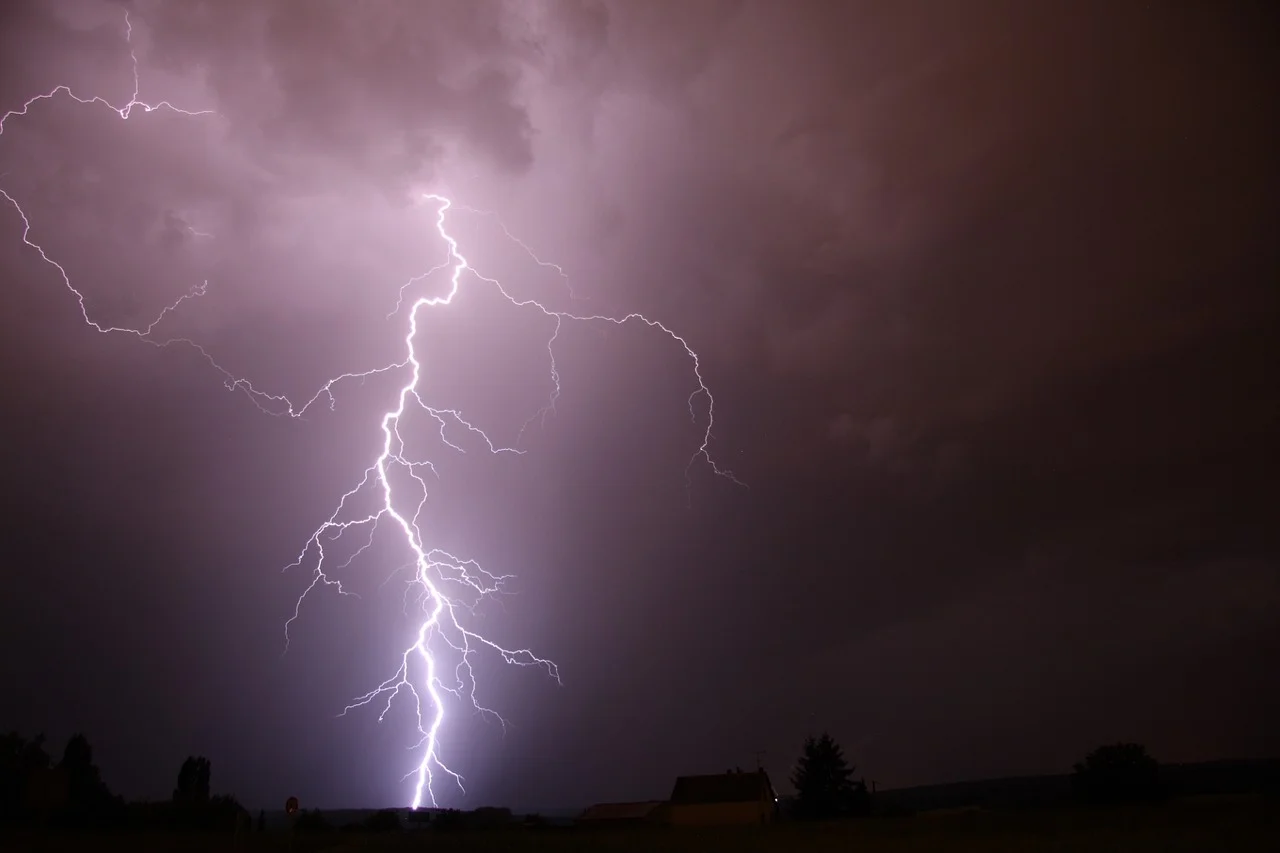Photo from Pexels.com
I’ve never been overly interested in personality tests, but this one—this one was different. Occasionally I heard friends discuss the Enneagram, speaking “numbers” and “wings” as fluently as a second language.
Despite my skepticism toward “personality types,” curiosity finally motivated me to complete the personality assessment.
I like the term “assessment” because unlike a test, there is no way to fail; it simply tells you what’s there and what isn’t. As a nurse, I’m well versed in assessing. We assess lung sounds, pain, safety—even poop!
As a nurse, an assessment is neither a moral ruling nor a categorization algorithm. It’s an observation: this patient has crackles in their lungs; that patient has C. diff. The body’s current strengths and weaknesses are documented, and a plan is formed to move toward optimal health.
Much like a nursing assessment, the Enneagram leaves room for growth and struggle. It helps me identify healthy and unhealthy tendencies so that I can make a plan to move toward health. I won’t get into the complexities of how the Enneagram works, but there’s a brief description below. You can find more at the Enneagram Institute Website.
The Enneagram involves nine personality types, conveniently labeled 1-9. Each person has a dominant personality type (their “number”) and a secondary type (their “wing”), which is one of the numbers directly beside their dominant type. For example, I am a “6,” so my wings could be “5” or “7.” As it turns out, I’m a 6 wing 5. As I’ve studied sixes and other numbers, here’s what I’ve learned.
1. I’m learning not to take harsh comments personally.
This may seem like a no-brainer, but I’ve always struggled with taking criticism or hurtful comments personally. Conceptually, I knew other people viewed the world differently than I did, but I didn’t understand what those differences were.
Here, the Golden Rule failed me. “Do unto others as you would have them do unto you” left me wondering why genuinely well-meaning people would use harsh language when I made a mistake or make insensitive comments.
Studying the other Enneagram types helped me move from just knowing the fact that others think differently to understanding examples of other perspectives and why some people have “thick skin” and some (like me) don’t.
2. I’m learning change is hard for me because relationships are so important to me.
In a podcast about Enneagram sixes, Sarah Thebarge commented, “Relationships are everything to me.”
This is when something clicked in my brain. Historically, moving cities (or countries) has been extremely difficult for me (see my ebook on reentry for the raw details). I’ve always wondered at the people who seemingly flow seamlessly in and out of cultures, countries, and cities.
Finally, it dawned on me why it’s so difficult or me. Relationships are everything to me. Any time relationships change (church, community, friendships, etc.), I feel lost and out of control. I feel like my life has been ripped from me because to me, relationships are the essence of a meaningful life.
This insight helps me in two ways: it helps me understand why I feel the way I feel (like I’ve been hit by a train every time I move), and it helps me embrace truth (my life is not over when I move).
3. I’m learning to identify fear-based habits.
My therapist often mentions something called my “pain cycle” and “peace cycle.” Essentially, a pain cycle alternates between feeling distress and reacting to that distress with unhealthy coping mechanisms. Those unhealthy reactions spark shame and more distress, and the cycle continues.
In contrast, a peace cycle involves experiencing distress and then recalling truth and acting on those truths. This leads to internal peace and healthy behavior.
As a 6, my main motivation is a desire for safety and security. Armed with this knowledge, I’ve been amazed at how many of my decisions in life are based on how I feel insecure or unsafe, whether physically or emotionally.
Remembering these feelings of insecurity are a major trigger for my pain cycle, I’m learning to cling to truth in those moments instead of numbing in unhealthy ways.
4. I’m learning to have grace for others—and for myself.
Recognizing others’ Enneagram numbers has helped me immensely to understand what I previously labeled quirks, incompetence, or even intentionally disruptive behavior.
Instead of instantly concluding people are being manipulative or immature, I’m learning to think about their personalities and try to understand what’s going on beneath the surface.
I’m not mentally “putting myself in their shoes” or trying to think like someone else—because the truth is I will never be able to see or understand the world like someone else does.
However, I can learn about the ways other people think, appreciate the things that are important to them, and set boundaries when those relationships start to turn toxic.
Overall, the Enneagram is helping me to appreciate weaknesses and strengths, my own and others’. It’s helping me to celebrate how I will never understand the way my friend Lindsay thinks or the way Kris makes decisions. It’s turning frustration into interest, condemnation into curiosity.
Perhaps the most intriguing thing I’m learning from the Enneagram is this: not only do I need others, but others need me, too.












